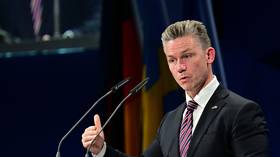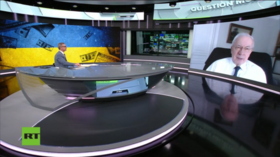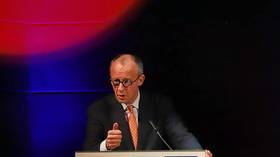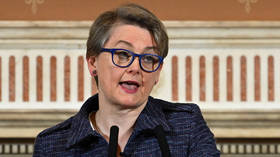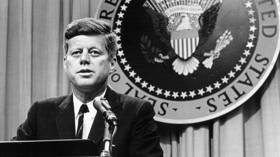World markets hold breath after bailout rejection
Stocks are tumbling following the U.S House of Representatives rejection of the $US 700 billion emergency rescue package. The vote, 228 against and 205 for, came after the world's major stock markets all slumped on Monday as investors worldwide mulled bot
More than two thirds of Republicans and 40 per cent of Democrats opposed the bill.
Investors were looking to the vote in the U.S House to see more detail on a proposed $US 700 billion bailout, which would have seen U.S. Treasury Secretary Henry Paulson gain unprecedented powers to buy out troubled mortgage-backed assets from the U.S. banking system in an attempt to renew confidence and to stimulate lending.
In the wake of the vote, traders on the floor of the New York Stock Exchange were stunned, with analysts saying that further banking failures were a real possibility.
In the immediate aftermath of the vote, the Dow Jones Industrial Average in the U.S. slumped by 7 per cent and the S&P 500 by 8.8 per cent, the biggest fall since 1987.
The result of the vote was a blow to President Bush who said he was “disappointed”.
After the meeting, Treasury Secretary Henry Paulson said time was running out, saying “We need to work as quickly as possible.”
A U.S. Treasury spokesman said that Treasury Secretary Paulson, U.S. Federal Reserve Chairman Ben Bernanke, and U.S. President George W. Bush were to meet to discuss a way forward.
Meanwhile, Monday saw further banking collapses. In the U.S. major retail bank Wachovia was purchased by the largest U.S. bank Citigroup to prevent its collapse.
In the UK embattled mortgage lender Bradford & Bingley was nationalised by the British government, with its retail network subsequently being purchased by Spain’s Banco Santander.
Elsewhere in Europe Belgian-Dutch banking and insurance group Fortis has been partly nationalised in the wake of its share price being slashed in recent weeks, and in Iceland the government has taken over that country’s third largest bank, Glitnir, amidst fears of its failure.
These events saw European bourses slump with the FTSE 100 down 5 per cent, Germany’s Dax down 4 per cent, and France’s Cac 40 down more than 5 per cent on Monday.
A domino effect has seen oil prices fall and Asian markets open with a slump on Tuesday.
The Russian stock market is set for an ominous day's trade on Tuesday after the U.S. House of Representatives voted down a $US 700 billion financial package intended to rescue the financial system of the world's largest economy.
In Moscow Monday trade saw the RTS close 7.1 per cent down, with the Micex down 5.5 per cent.
Prime Minister Vladimir Putin announced that Russian companies that needed to renegotiate or renew international loans would be able to access funding from the State Development Bank, Vnesheconombank (VEB), and that $US 50 billion had been made available for this purpose.



